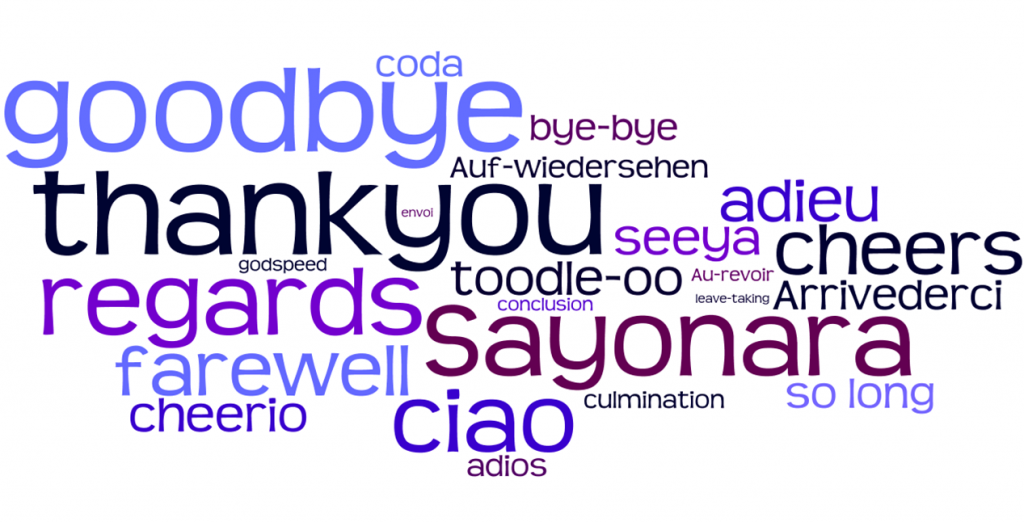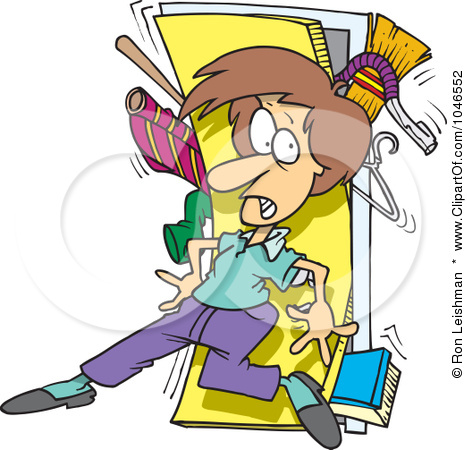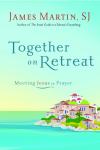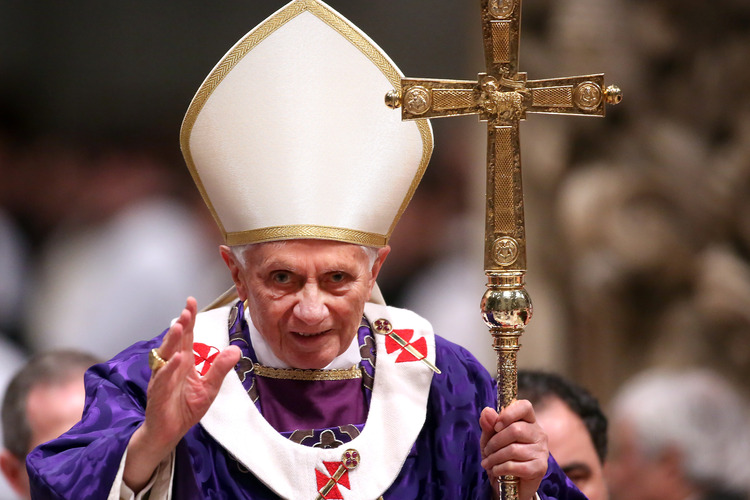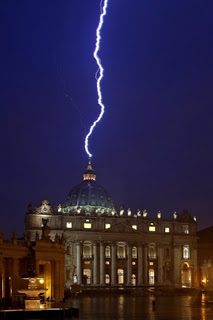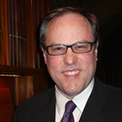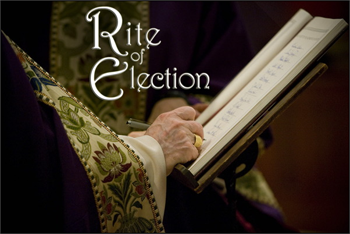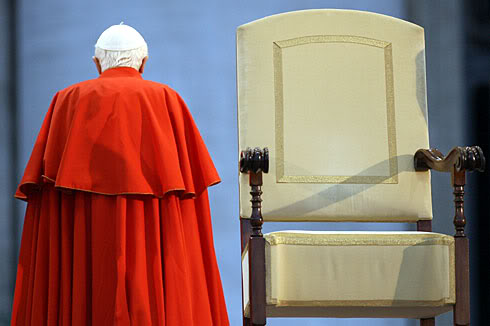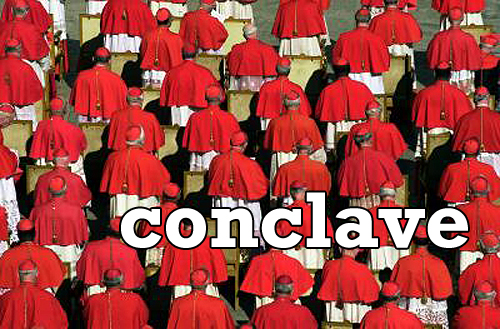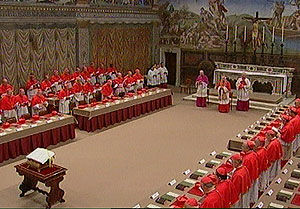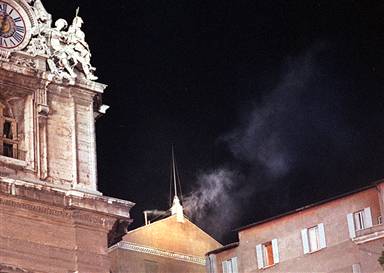I believe
I write this as I sit with my 92 year old dad in his room at Sacred Heart Home, a veritable holy ground of active service to the sick and elderly population. All week long throughout the papal conclave, nurses and aides slipped into "Deacon Marcel's room" to munch a bit of chocolate that he leaves for them on a table in the entrance of his room and watch the various liturgies and proceedings from Rome that occurred during this remarkable and memorable week.
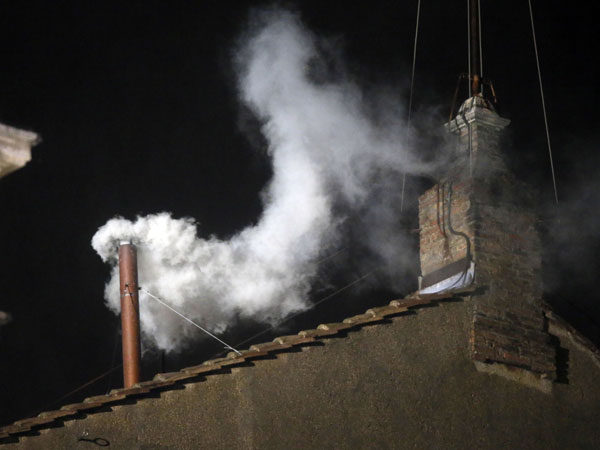 When white smoke poured out of the Sistine Chapel's chimney, Dad was playing Bingo with some of his friends in the activity room. One of the nurses ran downstairs and told him "The smoke is white! I'll take you back to your room so you can see the new pope walk out on the balcony!" This will probably be Dad's last papal election. No one wanted him to miss the excitement of that first moment.
When white smoke poured out of the Sistine Chapel's chimney, Dad was playing Bingo with some of his friends in the activity room. One of the nurses ran downstairs and told him "The smoke is white! I'll take you back to your room so you can see the new pope walk out on the balcony!" This will probably be Dad's last papal election. No one wanted him to miss the excitement of that first moment.
"I won a full game of Bingo, " he grinned when I rushed over to the nursing home to watch television with him. "The nurse got me back to my room just in time for me to watch the new pope walk onto the balcony. "Perfect timing," he laughed. Simple things matter here.
When he appeared on the balcony of St. Peter's, Jorge Mario Bergolio looked as though he was it by a stun gun. No smile, no wave, an overwhelmed man who looked as though a thunderbolt struck him. My insides fell. "Oh no! Don't be that guy! Put your hand up; smile; wave....do SOMETHING!" Dad commented, "He doesn't know what hit him."
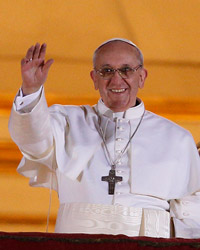 And then the new pope began to speak. "Buena Serra," he said and smiled. My disappointment began to melt away as he lifted his hand in greeting. The new pope spoke as though he stood in someone's living room after dinner and seemed as surprised at the outcome of the conclave as everyone else. In an unprecedented move, he asked for the prayers of the people and bowed his head. A silent gathering of over 100,000 people lifted this new leader up to God. And then he led us in familiar prayers that united us a Church. "He got his wind," Dad chuckled. "Poor guy," he added, shaking his head. "Big job."
And then the new pope began to speak. "Buena Serra," he said and smiled. My disappointment began to melt away as he lifted his hand in greeting. The new pope spoke as though he stood in someone's living room after dinner and seemed as surprised at the outcome of the conclave as everyone else. In an unprecedented move, he asked for the prayers of the people and bowed his head. A silent gathering of over 100,000 people lifted this new leader up to God. And then he led us in familiar prayers that united us a Church. "He got his wind," Dad chuckled. "Poor guy," he added, shaking his head. "Big job."
A frenzy of media feeds began to pour in about the Jorge Mario Bergolia, S.J., now Pope Francis I, a Jesuit priest from Argentina. I think that he showed us a bit of who he is and how we may continue to be surprised in the days, months and, God wiling, years ahead. He chose a papal name based on a reminder from cardinal elector who reminded him "not to forget the poor," which tells me that Cardinal Bergolio did not anticipate sitting in the Chair of Peter. He chose the name Francis I based on that cardinal's comment.
Francis I preached a retreat the day before his election on discipleship of the Cross to the cardinal electors. Upon election, he discarded papal regalia except for a simple cassock and greeted his cardinal electors on the ground level, standing with them in solidarity and friendship. He dismissed the papal Mercedes and driver and rode a mini-van with the other cardinals to pick up his luggage and pay his hotel bill with only a few security guards at his side. He found an empty seat in the dining room to eat with the cardinal electors. He placed a direct call himself without the assistance of secretaries, met with the media with frankness and humor, and chose the little church of Santa Anna on the outside of Vatican City to celebrate Sunday Mass. He preached that the core message of the Gospel is "that of mercy," that God's love and capacity to forgive cannot be measured and that often times, we're harder on ourselves than God is on us. No truer words.
Known for simple living, Cardinal Bergolio rode public transportation to work in Buenos Aires. He visited the sick and the dying and bent low to wash and kiss their feet. He assisted political detainees and prisoners to escape during the Argentinian regime. Because he is now a very public figure, Francis I will fall under scrutiny for some of his beliefs in his time ahead. Change does not exist without conflict and this pope will encounter struggle. A friend said, "I fear for him," and she meant that not only for his emotional person but his physical one as well. But I believe that because of his love for Christ, Francis I will continue to want to be with people, not matter what the cost.
What the Church will encounter during his papacy during his tenure remains to be seen. But this much is clear: Pope Francis I will act more than he will speak. I believe that he will model a saying attributed to Francis of Assisi: "Preach the Gospel. Use words when necessary." I believe that we will encounter someone who loves God and people passionately and works to reduce the misery of the poor. I believe that Pope Francis I will urge the Church and the world to share material goods with the least of our sisters and brothers and set the example with his own lived example of poverty, simplicity and humility. Did you pray for change during this conclave, an aggiornmento in this time and place? Well, God heard you. This is a paradigm shift in the model of the papacy.
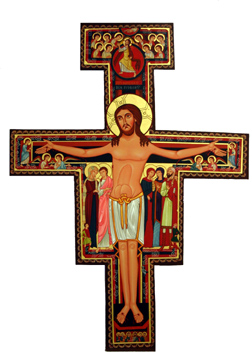 St. Francis received the message to rebuild the Church directly from Christ on the Cross of San Damiano. I believe that Pope Francis will attempt to rebuild the interior structures of the Church within the Curia and create a new structure of governance among bishops and the local church. He will call on ecclesial leaders to continue to reconcile the Church within the sex abuse crisis, atoning for sins of the past in real ways for the victims of abuse. I believe that Francis I will show us how to reconstruct our own Church through his example of love of Jesus. This clearly shifts our attention from interior battles to ongoing coversion at the foot of the cross, where we evaluate our own lives and profess our discipleship to Jesus, the Christ. That's a challenge for deep change from the inside out of how we live individually and how we live as a community of faith. And it all begins with the Gospel's priority of agapic love with particular attention on the poor and the equal and just distribution of the goods that everyone needs to live a full life.
St. Francis received the message to rebuild the Church directly from Christ on the Cross of San Damiano. I believe that Pope Francis will attempt to rebuild the interior structures of the Church within the Curia and create a new structure of governance among bishops and the local church. He will call on ecclesial leaders to continue to reconcile the Church within the sex abuse crisis, atoning for sins of the past in real ways for the victims of abuse. I believe that Francis I will show us how to reconstruct our own Church through his example of love of Jesus. This clearly shifts our attention from interior battles to ongoing coversion at the foot of the cross, where we evaluate our own lives and profess our discipleship to Jesus, the Christ. That's a challenge for deep change from the inside out of how we live individually and how we live as a community of faith. And it all begins with the Gospel's priority of agapic love with particular attention on the poor and the equal and just distribution of the goods that everyone needs to live a full life.
A great emphasis circles around what people write, read, Tweet, Facebook and set in motion with the push of a button. The conclave drew the world's attention because social media placed the news at the world's disposal. But not everyone who became engaged in the events of the past week will build on that enthusiasm and be the change that we wish to see. I believe that we have an incredible opportunity in media resources to capture the world's attention and draw people into a life of faith. But nothing, and I mean nothing will capture hearts more than person to person action, heart to heart reconcilation and service to one another. We can write, Tweet and text about it all we want. If the unbelieving world does not see Christian witness in the flesh, it will not come to see the light of faith. Christ begs for his every need every minute of every day through us. We need to deliver the goods -- literally.
I believe that Pope Francis I is a man of action. But I also believe that he cannot act alone. How willing the rest of us are to continue to create change for the common good? That is still the work of the people of God, the baptized disciples of Jesus Christ,k the duty of every Chritian. We'll see how many of us remain in the Vatican plaza when the honeymoon ends. The challenge of the Cross lies ahead of us as it does for Pope Francis I in how we live our lives as we preach the Gospel boldly, using words when necessary. I believe that together, we can rebuild the Church. How about you?
PRAYER OF SAINT FRANCIS
Make me a channel of Your peace
Where there is hatred let me bring Your love
Where there is injury, Your pardon, Lord
And where there's doubt, true faith in You
Make me a channel of Your peace
Where there's despair in life let me bring hope
Where there is darkness, only light
And where there's sadness, ever joy
Oh, Master, grant that I may never seek
So much to be consoled as to console
To be understood as to understand
To be loved as to love with all my soul
Make me a channel of Your peace
It is in pardoning that we are pardoned
In giving to all men that we receive
And in dying that we're born to eternal life
© 1967 Sebastian Temple/OCP Publications
 Denise Morency Gannon
Denise Morency Gannon